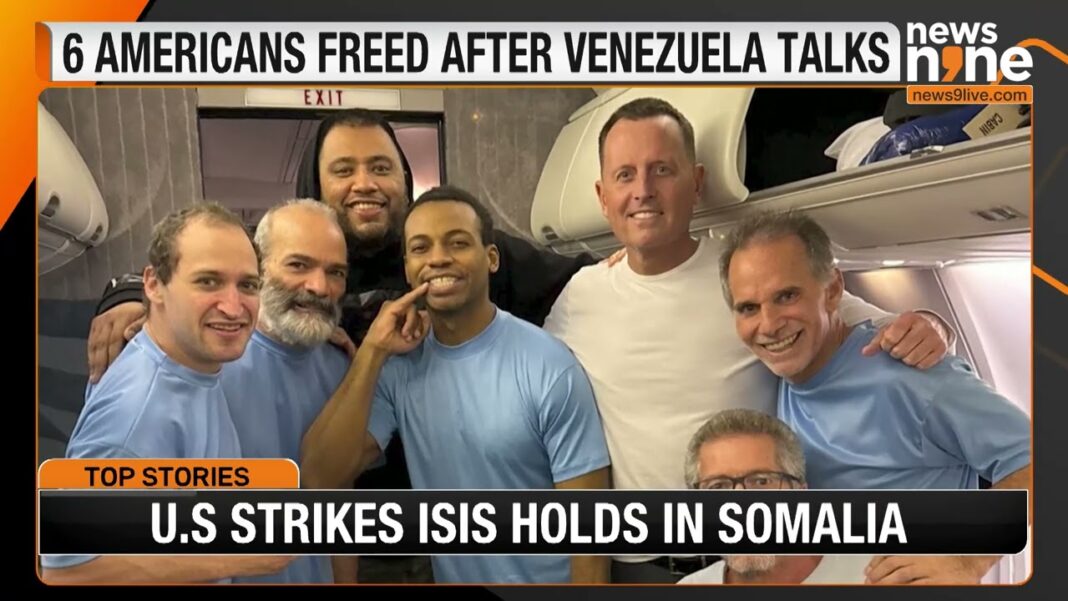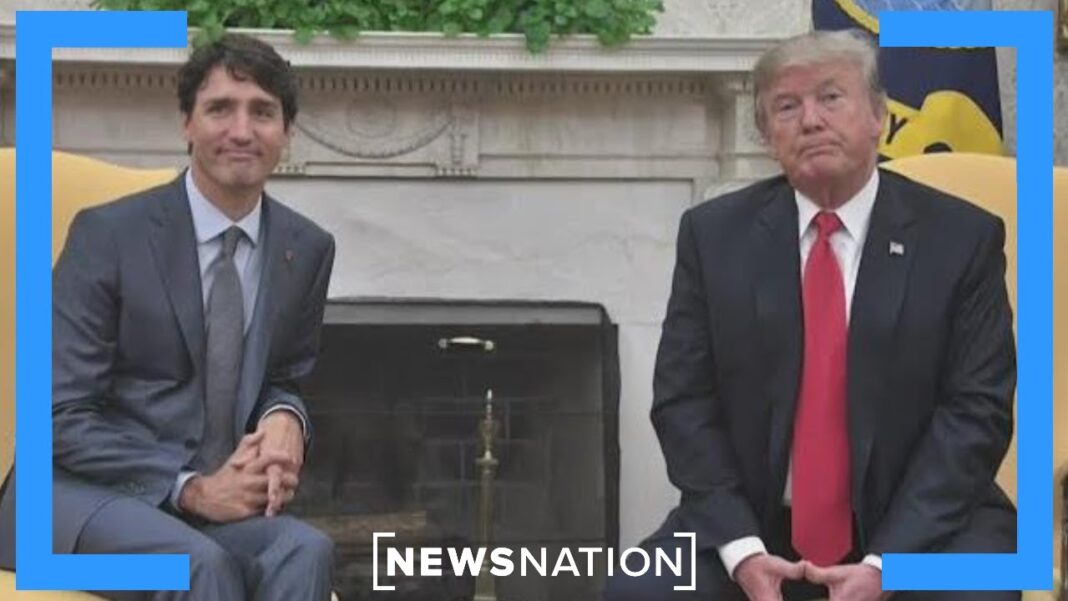‘It is not in the national interest of the United States to have a canal we paid for and we built used as a leverage and a weapon against us,’ Rubio said.
U.S. Secretary of State Marco Rubio kicked off his trip to Latin America, arriving in Panama on Feb. 1, with a focus on the Panama Canal and China’s intrusion into the zone.
“Secretary of State Marco Rubio will travel to Panama, El Salvador, Costa Rica, Guatemala, and the Dominican Republic from February 1–6 to advance President [Donald] Trump’s America First foreign policy,” the U.S. Department of State said in a Jan. 31 statement.
Rubio is expected to discuss the United States’ interest in the critical waterway connecting the Caribbean Sea and the Pacific Ocean. The president has suggested retaking control over the canal, citing the threat of Chinese hegemony in the region.
Rubio addressed the issue of Chinese involvement in the Panama Canal during a Jan. 30 interview with Megyn Kelly of The Megyn Kelly Show.
“One of the main investments they have is in these two port facilities on both—on the entry—on both sides of the canal. And all kinds of other infrastructure, cranes and the like,” Rubio said.
While the company engaged in these activities is from Hong Kong, it still comes under the control of the Chinese regime, he said.
“And if the government in China in a conflict tells them to shut down the Panama Canal, they will have to. And in fact, I have zero doubt that they have contingency planning to do so. That is a direct threat. So it’s a technicality, but in reality if China wanted to obstruct traffic in the Panama Canal, they could. That’s a fact,” Rubio said.
Such an arrangement violates the Panama Canal Treaty agreement with the United States.
“That dynamic cannot continue—not simply because we built it at great cost in lives and treasure, but because it is contrary to our national interest. It is not in the national interest of the United States to have a canal we paid for and we built used as a leverage and a weapon against us. That can’t happen,” Rubio said.
However, Panamanian President José Raúl Mulino recently said he will not engage in any negotiations over ownership of the canal.
“It’s impossible; I can’t negotiate,” he said. “That is done. The canal belongs to Panama.”








